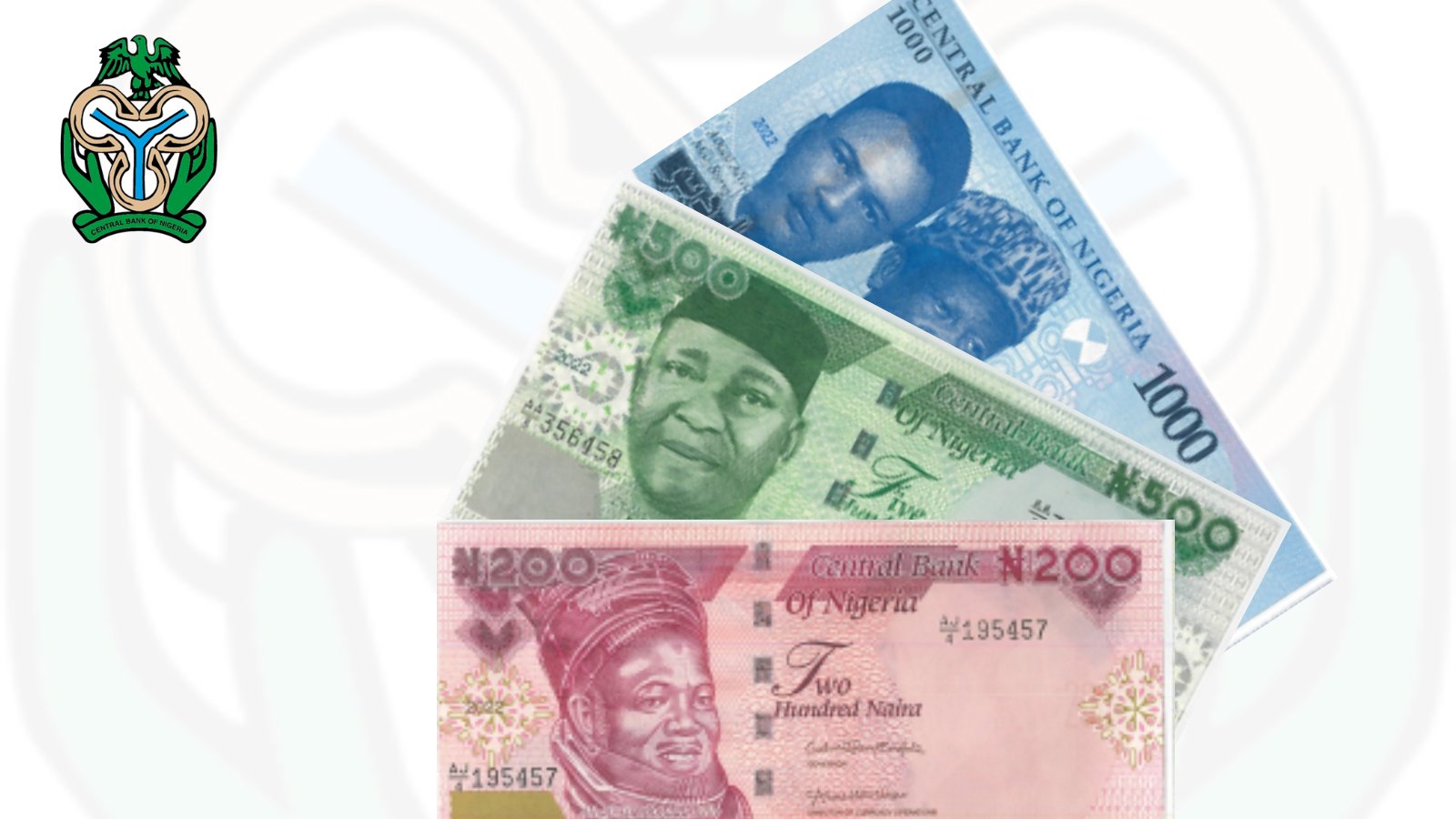Features
Nigerians are Buying Naira with Naira! What Does this Mean for our Cashless Economy?

Godwin Emefiele, the governor of the Central Bank of Nigeria, announced February 10 as the new extension date for old naira notes to lose their legal status. Despite the deadline extension, Nigerians are struggling to get the new notes and some have refused to accept the old notes when tendered.
The CBN has fully embraced the cashless policy, owing to the redesign of some old naira notes and the recently implemented withdrawal policy. According to experts, Nigeria’s cashless policy will benefit convenience in cash transactions, allow transactions to be securely guarded and monitored in case of fraud or theft, and it will also help mobile banking flourish, allowing for the development of many more fintech companies and giving consumers a wide range of options.
However, Nigerians have been having trouble getting the new notes. Tunde Ahmed, a young man, was unable to withdraw a sum of ten thousand naira from the ATMs in his town. ATMs were either not dispensing or were dispensing old notes. In his area, old notes were being rejected, so he decided to withdraw from a point of sale (POS).
For ten thousand naira, Ahmed paid withdrawal charges of eight hundred naira, as opposed to the usual 200 naira. There are millions of Nigerians who have been forced to pay huge amounts of money just to have access to their own cash. There are many more who cannot get money either from ATMs or POS stations around them and so, they are left stranded, unable to make purchases or pay for services.
“I didn’t have a choice. I had to pay the charges because I wanted to use it for something very important,” Ahmed said.
How can POS withdrawal fee for 10k be 1k???? WTF is going on??
— V. (@THISISVRSD) January 31, 2023
Aside from the short supply of naira notes, both old and new, Nigerians have also been having trouble logging into their bank applications or making transfers. Odun Abolore, a student, forgot her ATM card when she was going to eat at a restaurant. She had finished eating and was about to make a transfer when she realised her bank app was currently out of service.
“I was so embarrassed. I thought to myself, “I should have paid before eating.” The food sef digested before I left the restaurant.” Abolore whined. She stayed behind for more than thirty minutes before she was able to make the money transfer.
Ajayi Bidemi, a POS agent, said they are not to blame for increasing withdrawal charges. Before he could obtain the money with him at the bank, he had to pay.
“Oga, you can’t blame us, we are buying money with money. Imagine buying 50k with 5k, how much do I have? See, personally, you can’t get here and get more than 5k.”
At banks, individuals are enduring long queues under the blazing hot sun to withdraw money from the ATM.
View this post on Instagram
Nigerians are also experiencing struggles at filling stations:
Nigeria is Nigeriang hard today. Filling stations refusing to sell via POS cos of so many failed/ reversed transactions. So cash only. However, No cash at ATMs cos new bank notes-gate. POS withdrawal guys on standby, say 1k for every 5K withdrawal. All this, just to get petrol.
— Ozzy (@ozzyetomi) January 31, 2023
Meanwhile, someone said:
you fit get money make hunger still k!ll you.
– new notes— 77 🚀 (@77_lmmaculate) February 1, 2023
What have you been experiencing? Share your experience with us.
What does this mean for our cashless economy?
The scarcity of the naira notes may spur people to embrace a cashless economy, but is Nigeria really ready to go cashless? We have seen how easily people can be left stranded if they have no access to cash. If we are to be weaned off cash, then we must ensure that the banks and other financial institutes have the infrastructure to support a fully cashless economy. Failure to do this and we’d have people who work hard but cannot have access to their money and will be left stranded all the time.
Perhaps we must also decide what it truly means to go cashless. Would every vendor have to get a POS? Will the groundnut seller hawking down the street have to get a POS? Will tomato sellers in the market have to wait for 3o minutes for a customer’s transfer of 300 naira to be confirmed? What other (swift and reliable) digital means of payment would be made available for citizens?
Or would we continue like this; paying 2,000 naira to get 10,000? Buying our own hard-earned money with money? Taking “we outside” off our to-do list because money no dey outside?






















